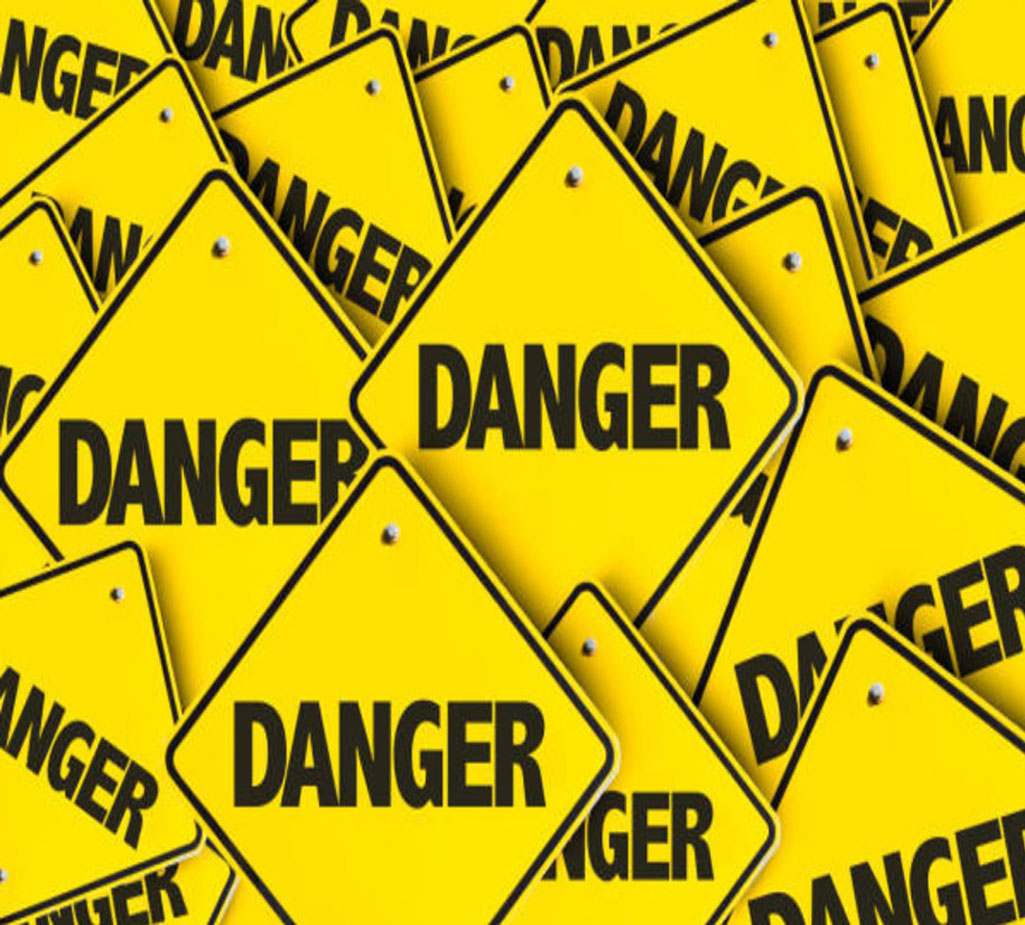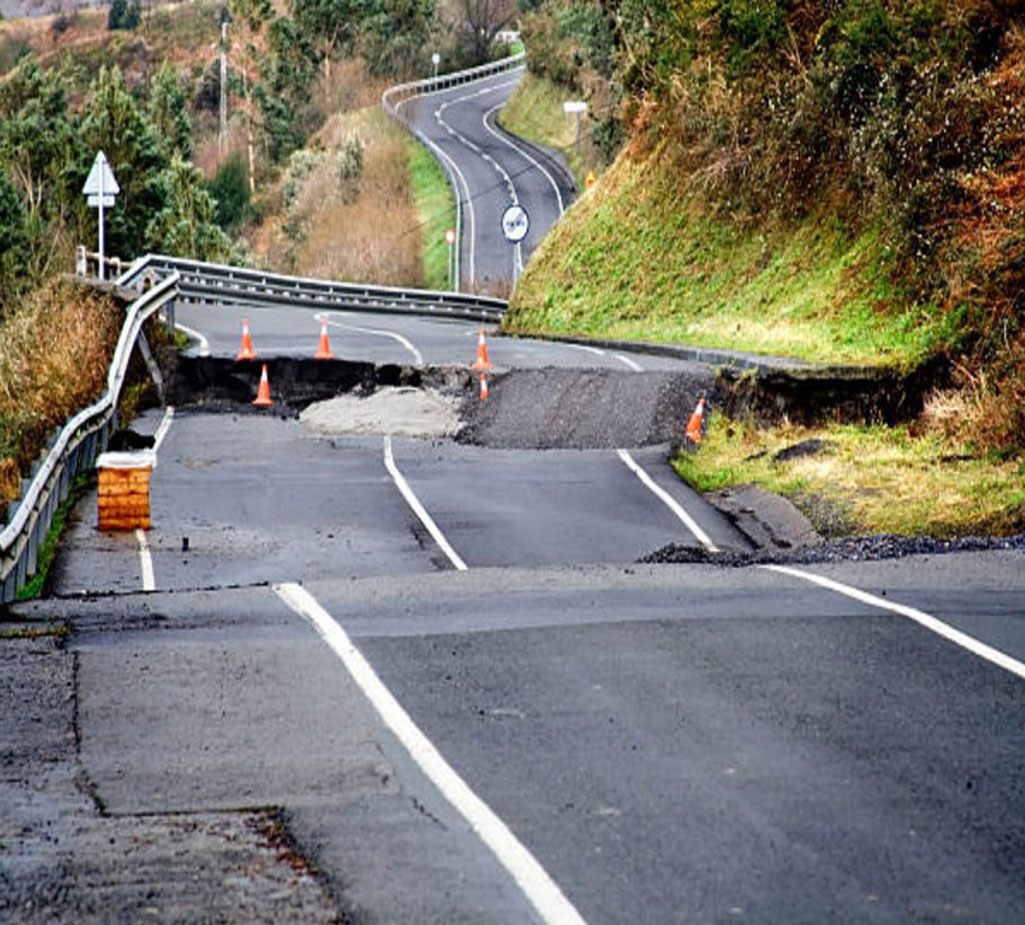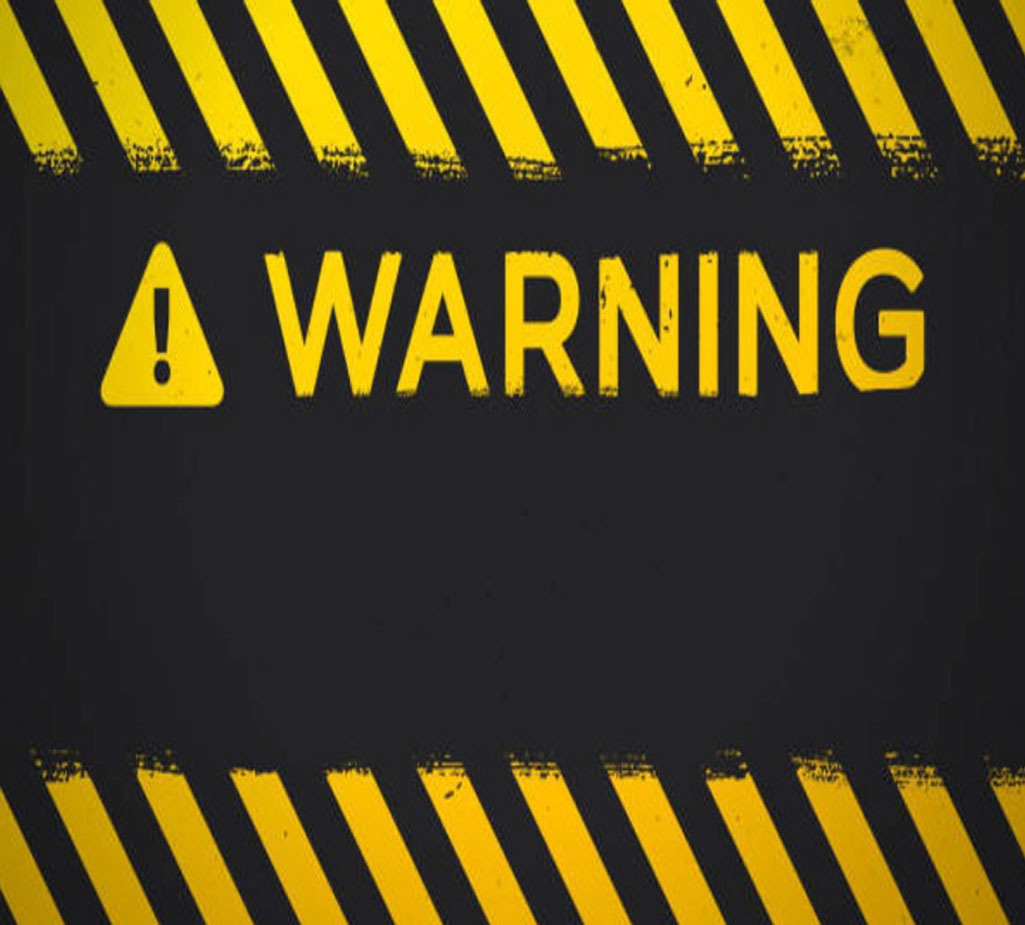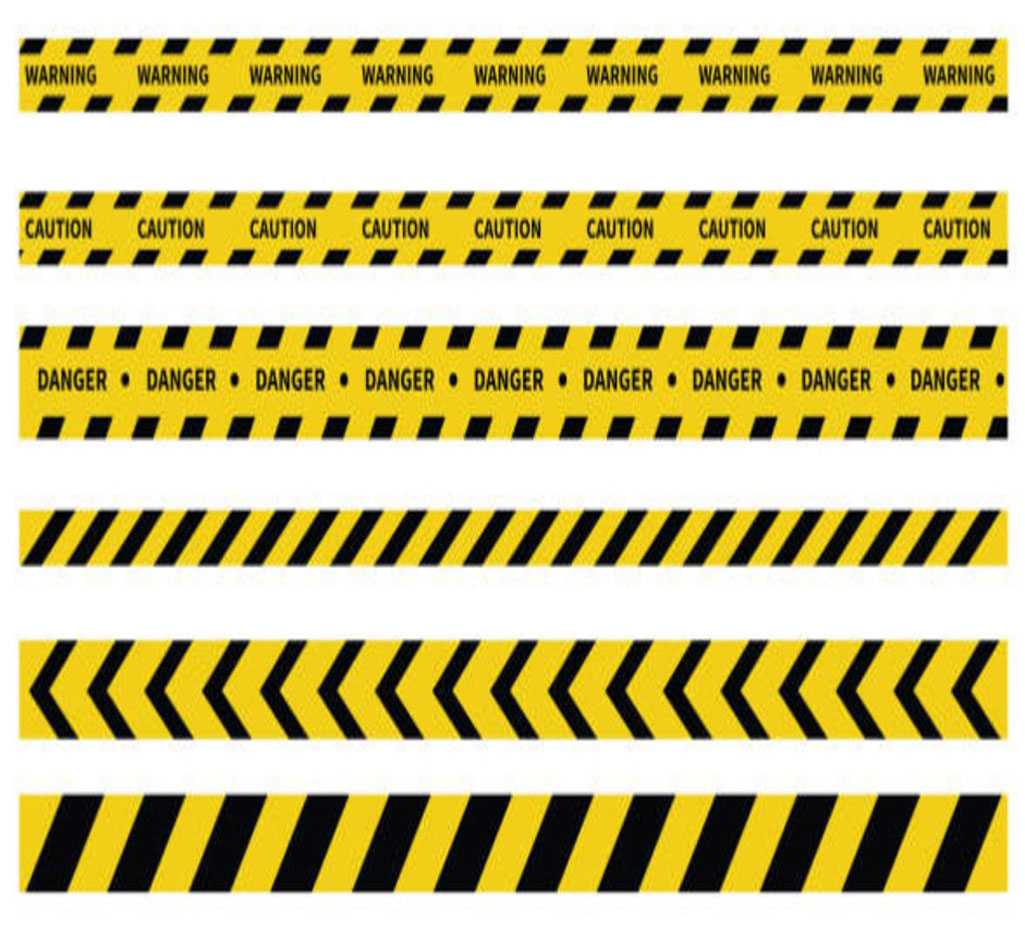How to Avoid Dangerous Shipping and Dangerous Driving Practices
Courier Companies and Trucking Companies
Safe shipping practices and protocols are surprisingly and increasingly being ignored by some trucking companies and transportation providers.
Neither do they nor train their drivers to follow proper regulation shipping safety procedures.
Lost or dropped shipments are some of the common problems in this industry which are compounded by damages incurred that can increase your costs as you wait for a replacement item to appear.
Becoming aware of the following dangerous shipping practices will help to avoid serious trouble later on.

News-Making Accidents

Countless accidents on roadways make the news —accidents which often involve a driver’s load falling onto the street with extensive damage to freight, vehicles, and injuring or killing people as result, such as:
- Vehicles catching fire on freeways from running over objects on the road
- Traffic tie-ups due to cargo falling off of trucks due to unsecured or poorly secured loads
- Accidents involving passenger vehicles behind the offending truck as cargo falls off and hits cars
- Injury to motorists, even death have taken place; in one grave circumstance a person was decapitated on a local freeway when a large metal disk flew from the truck after hitting a bump in the road and sailed through the car's windshield
- Spills, such as dangerous goods and chemical spillage have shut down entire roadways as hazmat crews clear the hazardous debris
- Precious, expensive, and / or hard to replace cargo is damaged

Unsafe Shipping Practices Accident Statistics
According to Transportation.gov, "At 55 miles per hour, an object weighing just 20 pounds that falls from a vehicle strikes with the impact of half a ton."
Because of someone’s careless decision not to tie down the load in their truck, a 40-pound board flew through the windshield of a Jeep Liberty, and the driver was blinded for life.
Now, thanks to her efforts, “Robin’s Law” makes causing a death or injury by failing to tie down a load a crime accompanied by jail time and fines.
"A 2012 (USA) Government Accountability Office study … indicated that in 2010 unsecured loads and road debris caused 440 deaths and 10,000 injuries in more than 51,000 incidents."

Why we have a Department of Transportation (DOT):
How To Avoid and Prevent Accidents
Safe shipping practices, procedures and protocols are critical to one's business as they are to one's health. How to prevent such accidents from happening in the first place include:
- Strapping loads down with suitable nylon woven straps, chains, and tie downs for the particular cargo, and boxes secured or placed safely in the cab of the vehicle. Basically, if you were to turn a properly secured vehicle upside down, nothing should fall off or out of it.
- Straps used must be rated for the proper weight of the shipment without any nicks in them that can cause them to break. Ratchets must always be in proper working condition or they will fail. No weak links or corrosion can be allowed on chains used. Nylon woven straps do a superior job in securing a load than chains do in most circumstances. Padding must be placed on sharp edges to prevent the straps from getting cut.
- Loads must be evenly and properly distributed.
- Gated sides on a courier truck is not typically enough to secure cargo as hitting a pothole, braking abruptly, or turning sharp corners can prove deadly to anyone near the flailing cargo.
- Vehicles and equipment should be diligently maintained and undergo regular safety checks.
- If you see a driver pull out of your loading area without securing their load, phone their company immediately to report the driver and have them stopped to strap the shipment. Take note of the license plate of the vehicle for large firms for their head office to also deal with the driver's poor practices.
Shipping Practices: Fines, Penalties, and Legalities
Heavy fines are enforced by the DOT for unsafe shipping practices. Penalties of $5000 or more can be imposed, while in some jurisdictions the truck and your freight can be impounded. Strangely enough, the threat of litigation and fines are not a deterrent for some drivers and trucking companies.
Offending truck drivers will typically say that they’re too busy to adequately strap their shipments while others simply do not care to make the effort.
Legally, it is the truck driver’s responsibility to secure their loads. If a company is shipping something that isn’t safely packaged or skidded, the driver must refuse to carry the cargo. Regardless, some will accept the freight anyway for fear of offending a customer or to avoid confrontation with the shipping company.


Furthermore, some shippers may not understand all the abuse that cargo can go through while traversing bumpy roads, so they don’t take the needed measures to secure freight safely.
An unfortunate truth is that owner operator drivers who have a significant vested interest in equipment and costs, often pay closer attention to securing their freight versus an hourly paid driver with company vehicles who don’t have as much to lose and little incentive to care.
You may want to pay closer attention to the latter to ensure this is not the case.
